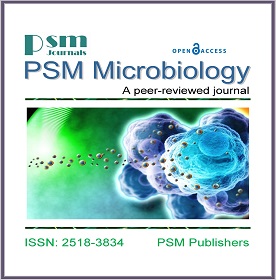Arresting Cancer Progression by VEGF Inhibitions: An Update
Keywords:
VEGF, Angiogenesis, Cancer, Bevacizumab, Receptors tyrosine kinase.Abstract
According to WHO report, more than 8 million people died globally from cancer only in year 2012 (latest year for which information is available) and problem was expected to increase with alarming rate in future. To target Vascular Endothelial growth factor in tumorous environment is an option to deprive the cancer cells from vital nutrients and hence stop the cancer progression. Vascular endothelial growth factors (VEGF) targeting agents administered alone or in association with other drugs are used to stop the cancer progression. They have been revealed for the disease improvement in the patients of advanced-stage cancers. Numbers of agents which can alter VEGF pathways are under investigation from different aspects regarding their efficacy in cancer treatment. In time, we have become gradually more aware of the fact that it is not only VEGF-Inhibited angiogenesis which blocks cancer cells growth, rather it involves different mechanisms. Currently five approaches are practiced to halt the VEGF signaling pathways which are; monoclonal ABs to target vascular endothelial growth factors and their receptors, Tyrosine kinase inhibitors of Vascular endothelial growth factor receptors, soluble receptors of VEGF acting as decoy receptors for VEGF, ribozymes which target VEGF mRNA and finally siRNA which suppress the mRNA of VEGF by RNA interference mechanism. The purpose of this article is to discuss updated reports on above mentioned approaches with possible drawbacks. A better and in depth understanding of these strategies which are used to stop VEGF pathways, will obviously revolutionize the cancer related therapeutic approaches in future.




